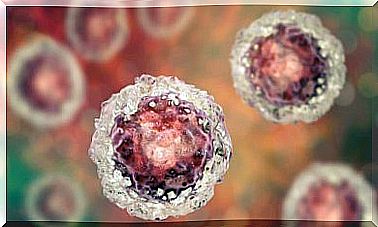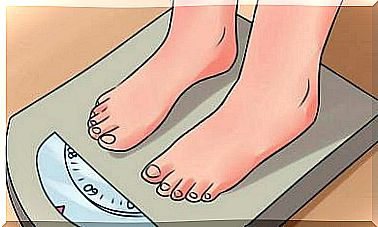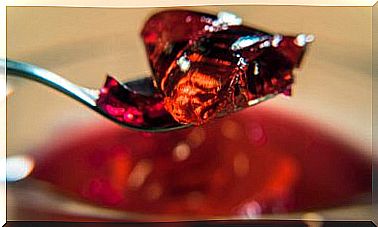Sun And Skin Cancer, What Is The Relationship?
Experts indicate that “ultraviolet radiation is the leading cause of skin cancer” and that photoprotection never hurts. Much less when leaving home.
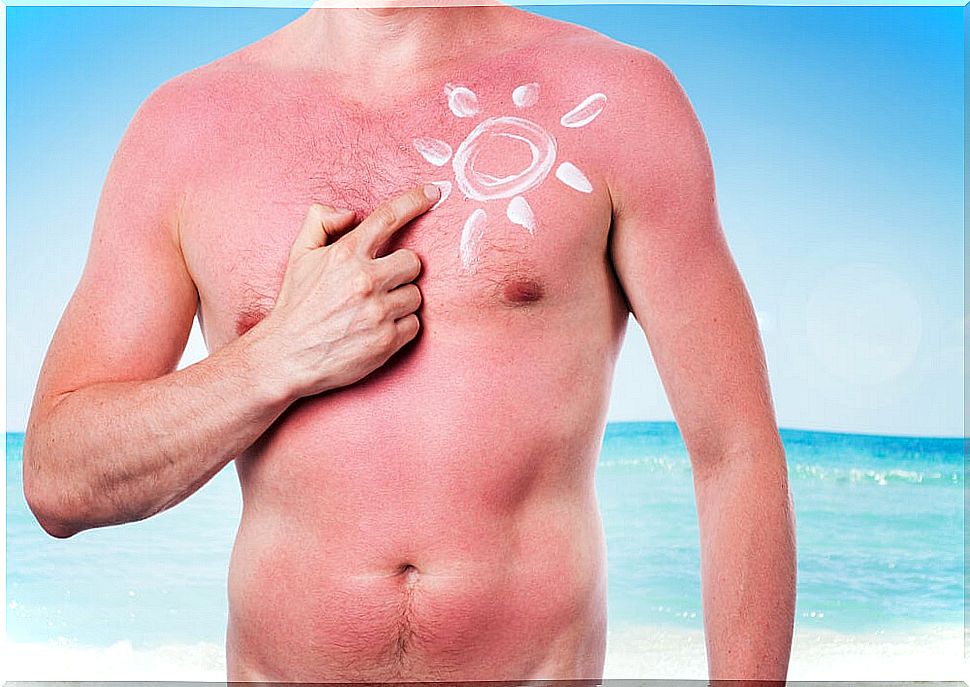
Sun and skin cancer is a very common pairing today despite the warnings made by health experts, institutions and bodies.
Although it is necessary to sunbathe and thus benefit from its contributions -starting with vitamin D-, it is necessary that we learn to care for and protect the skin properly. This not only involves learning how to cleanse, hydrate and exfoliate properly, but also apply sunscreen daily, even on cloudy days.
Cancer has become the great disease of the 21st century and although there have been important therapeutic advances that allow better care to patients, the truth is that until now, there is nothing better than prevention.
Sun and skin cancer, an explosive combination
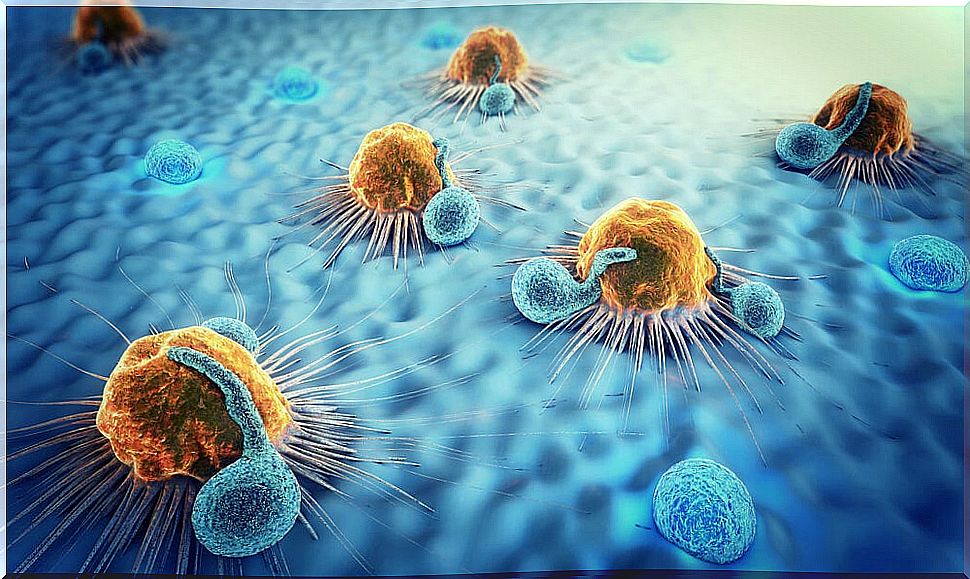
The Ministry of Health of the Junta de Castilla y León recalls that the sun can cause:
You have to learn to take care of your skin and provide it with adequate photoprotection, not only to prevent premature aging, but also serious pathologies such as skin cancer.
On this, we must bear in mind that the sun does not only affect us during the summer, when we go to the beach or the pool. The sun is present throughout the year, even when it does not shine and hot with the same intensity of the summer months. In addition, it can be reflected on various surfaces (water, sand, snow) and thus gain greater intensity, which can result in burns even in winter, for example.
There are times when it is essential to avoid it, especially between 12:00 and 16:00. For this reason, it is recommended to take it in the morning, before noon, and always with protection.
Sunscreen is a must
Today we can find a wide variety of sunscreen brands that offer products specially designed for each skin type and environment. In order to choose the most suitable one, in addition to reading the product labels or consulting with the pharmacist, it is always possible to consult with the dermatologist.
In general, we must choose according to:
- Skin type: combination, oily or dry.
- Protection factor: 15fp, 30fp, 50fp, 50fp, 100fp.
Depending on what activity we are going to carry out and the duration of it, the protector must be one or the other. Thus, the protector that we are going to use daily cannot be the same that we use to go to the beach or the pool.
Monitor moles, another important measure to prevent and detect early
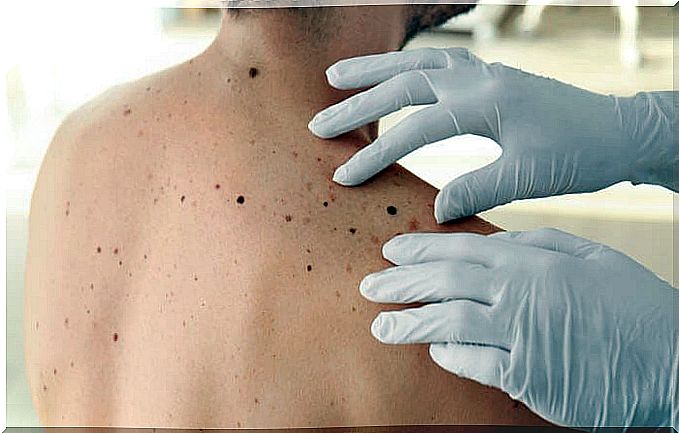
People with sensitive skin, skin disorders, or just a lot of freckles and moles, should exercise caution as directed by their dermatologist, as they have a greater chance of getting burns and developing skin cancer.
If a mole has grown a little, sometimes it itches, it has irregular edges … you have to go to see a doctor. This could help rule out problems, or treat them early, increasing the chances that the treatment will be completely successful.
Be careful, even when you do not have too many moles, there is no chronic skin disease or sensitivity, it is important to take care of yourself. As we already mentioned, the sun and skin cancer are still a common combination today.
Take advantage of certain add-ons to strengthen protection
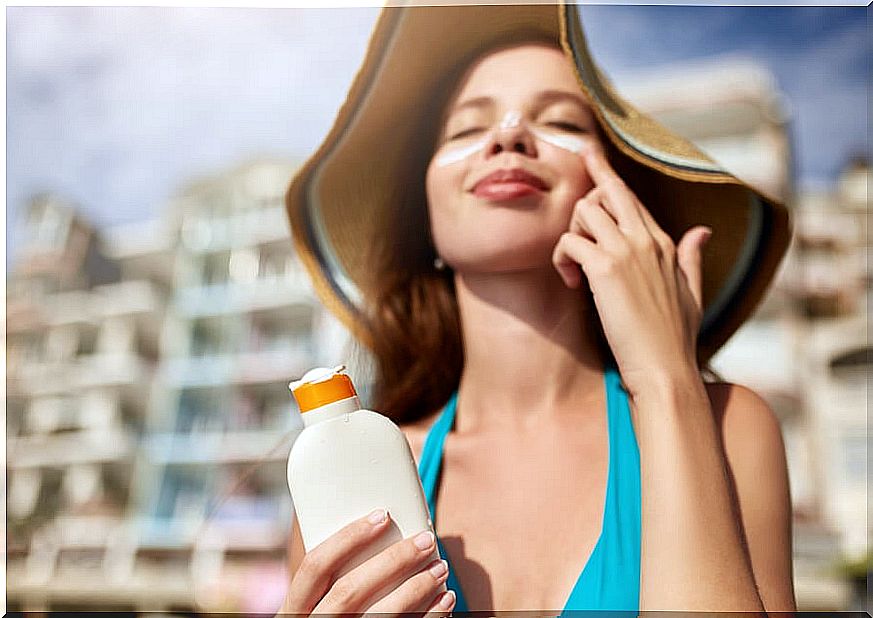
To protect the skin from the sun and skin cancer, we must not only do it with sunscreen. Using certain accessories – such as hats or umbrellas on the beach – is convenient, especially for people with sensitive skin, too pale or with many moles.
It’s okay that we want to go tan to look healthy and attractive. However, skin care and health should always be a priority. Therefore, we must learn to take advantage of the sun by taking the appropriate precautionary measures and complementing this with good lifestyle habits.
The brunette will suit us better if we take care of ourselves.

